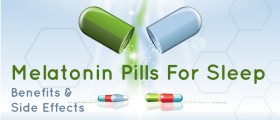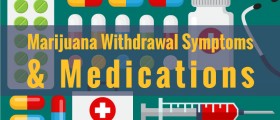Good luck! I'm hoping to do the same soon. I'm on 16mgs a day and my doctor said we will discuss lowering the dose in a year. I, personally, did not get off painkillers to replace it with something else so I plan to slowly go down over the next two months. Thanks for the post about sleep aids. It's what I was looking for. The best of luck to you in this new year
Loading...
I still think it's the best solution for insomnia. I bought my CBD oil here: ***this post is edited by moderator *** *** posting of web addresses is not allowed*** Please read our Terms of Use because it is considered a trusted oil dealer. The site also provides a lot of useful info about it.
Loading...
I was given seriquel. And when i took i my heart rate increased rapidly. I had a panic attack. Didnt fall asleep for 3 hours. And felt like i couldnt move any part of my body. Like it was heavy weight tgat i couldn't lift. :/ anyone else experience tgat on seriquel.
Loading...
My dr says absolutely no trazadone while on suboxone and took me off it amd put me on seriquel...
Loading...
Stevenguest, how's it going? I hope you're successful. After many years and attempts, I have not lost faith.
Loading...
I have been on buprenorphine for over 2 years and take trazadone 100mg - 200mg every night as ordered by my Dr. Still have sleepless nights but not often. Check with the Dr.
Loading...
I've been in Suboxone for 2 years now and still not sleeping,so it doesn't pass, I wish I knew what i could take for sleep while taking Suboxone. Ant idea
Loading...
Health Hero
1626 posts
Hi, guest, here's a general overview of considerations related to sleep aids and Suboxone:
Central Nervous System (CNS) Depression: Suboxone can cause central nervous system depression, which can slow down breathing. Combining it with other substances that also have this effect, like some sleep aids, can be dangerous and increase the risk of respiratory depression and overdose.
Over-the-counter (OTC) sleep aids: Some OTC sleep aids might contain antihistamines (like diphenhydramine or doxylamine). While these are generally used for allergy symptoms, they can also cause drowsiness and are found in many OTC sleep aids. It's important to be cautious and consult with a healthcare provider before mixing these with Suboxone.
Prescription sleep aids: There are many prescription medications specifically designed to help with sleep. If you're considering one of these, it's essential to work closely with your physician to ensure it's safe to take with Suboxone.
Natural/Herbal Supplements: Some people turn to natural remedies like melatonin, valerian root, or chamomile for sleep. Again, while these might seem harmless, they can still have interactions with medications, so it's important to discuss with a healthcare provider.
Behavioral Approaches: Cognitive-behavioral therapy for insomnia (CBT-I) is a non-drug treatment that can be very effective for some people. It involves learning about sleep, developing better sleep habits, and changing thoughts and behaviors that may be contributing to insomnia.
Safety: If you ever feel overly sedated or experience difficulty breathing after taking any medication with Suboxone, it's crucial to seek emergency medical attention immediately.
Hope this helps.
Central Nervous System (CNS) Depression: Suboxone can cause central nervous system depression, which can slow down breathing. Combining it with other substances that also have this effect, like some sleep aids, can be dangerous and increase the risk of respiratory depression and overdose.
Over-the-counter (OTC) sleep aids: Some OTC sleep aids might contain antihistamines (like diphenhydramine or doxylamine). While these are generally used for allergy symptoms, they can also cause drowsiness and are found in many OTC sleep aids. It's important to be cautious and consult with a healthcare provider before mixing these with Suboxone.
Prescription sleep aids: There are many prescription medications specifically designed to help with sleep. If you're considering one of these, it's essential to work closely with your physician to ensure it's safe to take with Suboxone.
Natural/Herbal Supplements: Some people turn to natural remedies like melatonin, valerian root, or chamomile for sleep. Again, while these might seem harmless, they can still have interactions with medications, so it's important to discuss with a healthcare provider.
Behavioral Approaches: Cognitive-behavioral therapy for insomnia (CBT-I) is a non-drug treatment that can be very effective for some people. It involves learning about sleep, developing better sleep habits, and changing thoughts and behaviors that may be contributing to insomnia.
Safety: If you ever feel overly sedated or experience difficulty breathing after taking any medication with Suboxone, it's crucial to seek emergency medical attention immediately.
Hope this helps.
Loading...



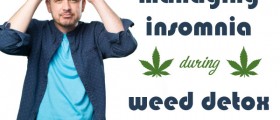
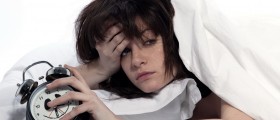
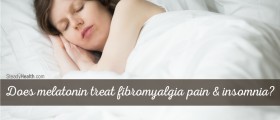
_f_280x120.jpg)

